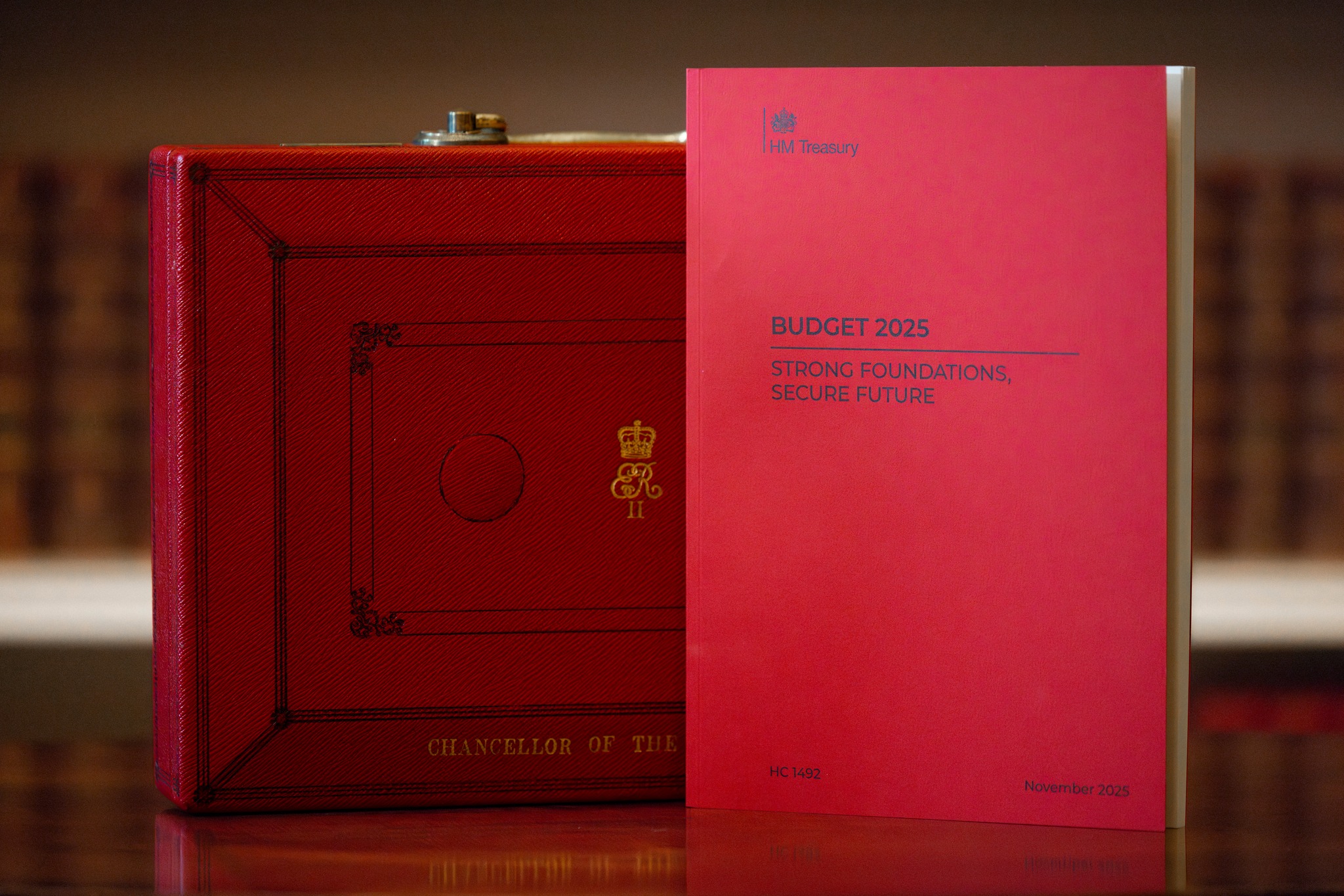Key trends and innovations shaping wastewater and sewage treatment

As pressure increases on global water systems, driven by population growth, urbanisation, climate change and the urgent need for more resilient infrastructure, wastewater and sewage treatment companies are undergoing a quiet but profound transformation.
As pressure increases on global water systems, driven by population growth, urbanisation, climate change and the urgent need for more resilient infrastructure, wastewater and sewage treatment companies are undergoing a quiet but profound transformation.
The sector is shifting towards cleaner, more efficient and more circular models, with innovation centred on reducing environmental impact while enhancing operational performance. Below, we explore the leading trends and highlight several organisations whose approaches reflect best practice across the industry.
The five trends driving innovation in wastewater treatment
1. Reuse and recycling of post-treatment materials
Companies are placing far greater emphasis on closing the loop. Post-treatment outputs, such as ash and biosolids, are increasingly being repurposed, for example; into fertiliser or energy sources. This circular mindset not only reduces waste but also creates new value streams for treatment operators.
2. Investment in advanced basin management
The primary stage of sewage treatment remains fundamental, but it’s undergoing modernisation. Improved basin management, ensuring solids settle effectively and lighter contaminants are removed, is enhancing overall system efficiency. Automation, enhanced monitoring and better-designed basins are now central to optimised primary treatment.
3. Scalability and system adaptability
With demand rising, treatment processes must scale reliably from small communities to major metropolitan centres. Companies that can adapt standardised processes to different volumes and geographic conditions are gaining a competitive advantage, particularly where rapid population growth strains legacy infrastructure.
4. Clear advances beyond established practice
nnovation is no longer limited to R&D labs. The most forward-thinking organisations are implementing practical, measurable improvements to existing technologies, whether through enhanced sludge processing, improved energy capture or reduced chemical inputs. Both operational sites and projects still in development play a key role in defining what “good” looks like.
5. Strategic deployment of emerging technologies
From automation to biological treatment systems, many organisations are leveraging new tools to reduce cost, energy consumption and environmental impact. The focus is on technologies that deliver measurable efficiency gains while supporting long-term sustainability.
Five companies pioneering the future of wastewater treatment
Suez Environment (France)
As one of the world’s largest environmental services companies, Suez has consistently pushed the boundaries of wastewater treatment. Its global scale allows it to invest heavily in R&D and pilot emerging technologies across diverse regions. The company’s work in “waste-to-value”, converting wastewater by-products into usable energy and materials, positions it as a leader in sustainable treatment solutions.
BASF (Germany)
Known for its substantial investment in research and development, BASF brings a scientific mindset to wastewater management. The company adopts a progressive approach to sludge processing: incinerated sludge is used to generate steam, which in turn creates electricity fed into district heating networks. By processing both municipal and industrial sludge and reducing wastewater contamination significantly over recent years, BASF demonstrates how operational efficiency and environmental responsibility can work hand in hand.
Biwater (Hong Kong)
Operating one of the largest wastewater treatment plants in a densely populated global hub, Biwater has earned recognition for its innovative thinking. The company’s projects are designed to maximise environmental and spatial efficiency, an essential capability in Hong Kong’s constrained urban environment. Its award-winning wastewater initiatives highlight the strength of integrating multiple infrastructure components into a single, cohesive treatment ecosystem.
Organica (Hungary)
Organica exemplifies how smaller companies can deliver meaningful innovation without the resources of larger multinationals. Specialising in Fixed-Bed Biofilm Activated Sludge (FBAS) technology, Organica designs treatment plants particularly suited to urban and residential settings. Its biological and nature-based systems offer a compact, efficient alternative to traditional treatment works, enabling municipalities to adopt greener, space-efficient solutions.
Cambrian Innovation (USA)
Cambrian Innovation is at the forefront of self-powered wastewater treatment. Through its EcoVolt® technologies, the company captures clean energy from wastewater, simultaneously treating effluent and generating power. This approach reduces operational costs and environmental impact, making it especially valuable for industrial users seeking low-carbon, energy-efficient systems. Its work signals a major step forward in decentralised, energy-neutral treatment systems.
Why these trends matter
The future of wastewater and sewage treatment is firmly grounded in sustainability, resilience and efficiency. As technologies mature and adoption increases:
- Treatment plants will reduce operating costs through energy generation and improved process design.
- Urban centres will benefit from more resilient, self-sustaining systems capable of handling increasing wastewater volumes.
- Circular models will become mainstream, transforming waste into valuable resources.
For municipalities, industrial operators and technology providers alike, the opportunity is significant. As environmental standards rise and regulatory scrutiny increases, investing in innovative, low-impact treatment systems isn’t just good practice — it’s essential for long-term sustainability.
FAQs

Can we help your business?
Book a free consultation with our expert R&D funding advisors today. We specialise in helping innovative businesses like yours unlock millions in government funding, specifically allocated to fuel your innovation. Let us help your business access the support it deserves.









.svg)


